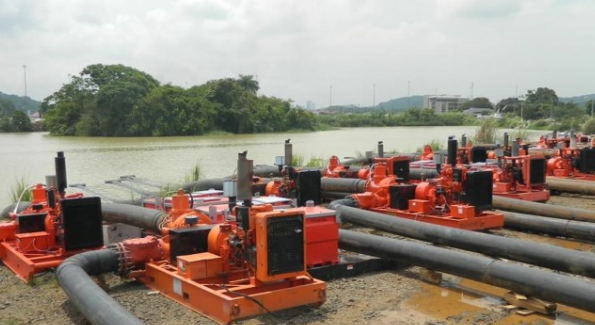
Embarking upon a discussion about sewage pumps invites us to delve deep into a world that, despite its covert operation beneath our bustling cities and serene countryside, diligently safeguards our public health and environment. Sewage pumps boast an unsung heroism, doing far more than merely dispatching our waste out of sight and out of mind.
Waste management, at first glance, is straightforward – a matter of moving waste from point A to point B. But in actuality, sewage pumps and the system they orchestrate navigate a complex network, performing crucial functions that sustain our contemporary lifestyles, protect ecosystems, and even offer avenues for resource recovery. Thus, exploring the multi-faceted roles of sewage pumps elevates our appreciation for this subterranean world.
The Vital Protector of Public Health
The explicit role of sewage pumps in transporting waste away from our living spaces underscores a profound commitment to public health. Waste, if improperly handled, becomes a breeding ground for bacteria, parasites, and viruses, thereby posing significant health risks. Through efficiently channelling sewage away from residential and commercial areas, these pumps directly deter the proliferation of disease-causing organisms, ensuring that our environments remain sanitary and safe.
An Unseen Guardian of Water Bodies
Our lakes, rivers, and oceans bear the heavy burden of humanity’s waste, threatening aquatic life and ecosystems. Here, sewage pumps and treatment plants form a formidable alliance. Pumps efficiently transport waste to treatment facilities, where it is processed to minimise environmental impact before being safely returned to water bodies. This unwitnessed service safeguards aquatic ecosystems from hazardous pollutants, ensuring they remain biodiverse and balanced.
The Ingenious Reclaimers of Resources
In the innovative spheres of sewage management, pumps are facilitating remarkable strides in resource recovery. Modern treatment plants are increasingly harnessing technologies that allow for the extraction of valuable materials from waste. These can include nutrients like phosphorus and nitrates, which can be recycled into fertilisers, and even biogas, which can be utilised for energy. Sewage pumps play a pivotal role in conveying waste to these facilities, indirectly contributing to a cyclical economy where resources are reclaimed and reused.
Mitigating Flood Risks and Waterlogging
Sewage pumps are also strategic components in managing excess water during heavy rainfalls and mitigating flood risks. Combined and sanitary sewer systems, fortified with robust pumping mechanisms, manage not only waste transport but also divert surplus stormwater away from streets. This ensures that urban areas, especially those prone to flooding, are not waterlogged, thereby preserving infrastructure integrity and preventing the dispersal of contaminants.
Toward Sustainable Urban Development
Moreover, as cities burgeon and urban planning becomes pivotal, the role of sewage pumps extends to facilitating sustainable development. Efficient waste management systems, supported by powerful, reliable pumps, allow for the development of robust urban centres with minimised environmental footprints. Consequently, they support the vision of sustainable cities, ensuring that as we build and expand, we do so without jeopardising the health of our planet or its inhabitants.
The Hidden World Beneath Our Feet
Undoubtedly, the unseen world of sewage pumps thrives beneath our feet, performing a myriad of critical functions that extend well beyond the mere transportation of waste. It becomes a dynamic system, orchestrating the protection of public health, preservation of ecosystems, resource recovery, flood mitigation, and facilitation of sustainable urbanisation.
Finally, as we marvel at the resilience and ingenuity of these hidden mechanisms, it becomes evident that sewage pumps are not merely guardians of our sanitation but are essential, multifaceted facilitators of modern life and sustainability. Their silent operation belies their criticality, prompting us to acknowledge and appreciate the complex, imperative world that ceaselessly operates beneath us, ensuring our lives proceed unencumbered by the potential perils of mismanaged waste.







